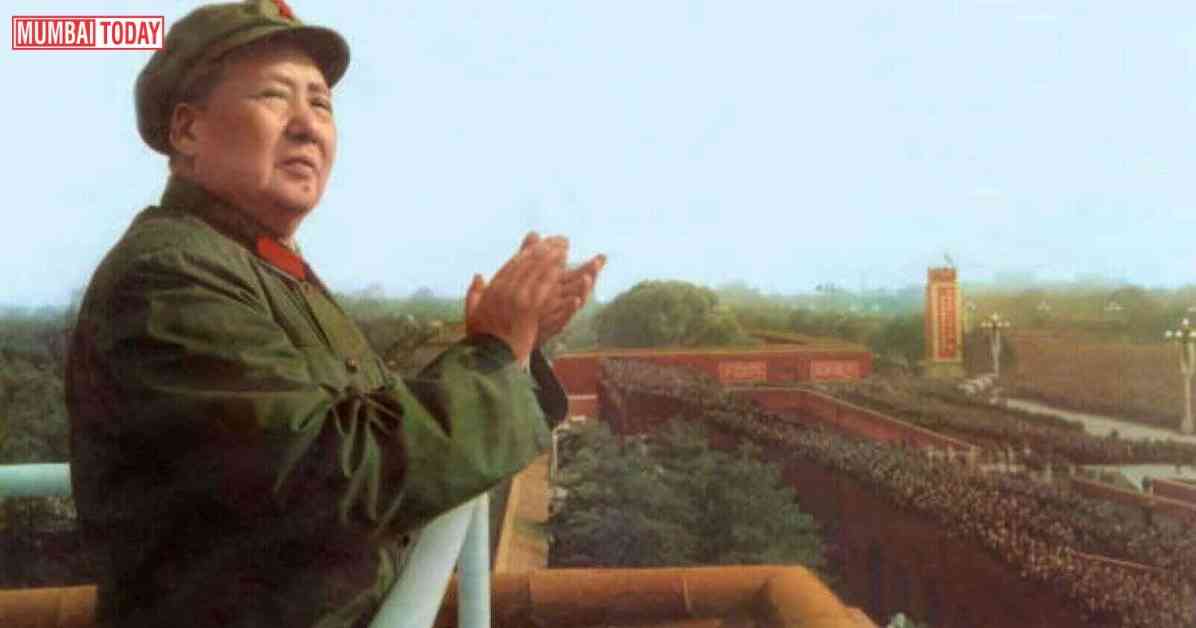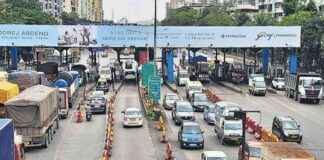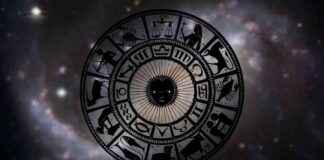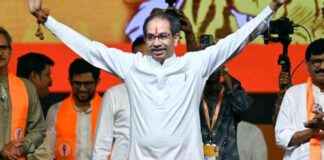Mao Zedong, a prominent figure in Chinese history, came into power in 1949, shaping not only China’s political landscape but also its environmental path. Let’s explore the key events and the ecological impact of Mao’s rise to power.
In 1949, Mao Zedong declared the establishment of the People’s Republic of China, marking the end of a civil war and the beginning of a new era for the nation. However, this shift in power also brought significant environmental changes.
Mao’s Great Leap Forward initiative from 1958 to 1960 aimed at rapid industrialization and agricultural production. While it sought to improve living standards, it came at a high ecological cost. Forests were cleared for farmland, leading to soil erosion and disrupted natural water cycles. Intensive agricultural practices, relying heavily on chemical fertilizers and pesticides, polluted waterways and degraded soil quality.
Despite the environmental challenges during Mao’s era, there were positive aspects. The focus on self-reliance promoted local food production and community-based solutions. Traditional practices like crop rotation and organic farming, though not widely adopted, hinted at a more sustainable future.
Today, China faces the environmental repercussions of rapid development. Understanding the ecological impact of Mao’s rise to power is crucial for the country to make corrections. Sustainable practices such as renewable energy, organic farming, and ecosystem restoration are essential for a greener future.
The story of Mao Zedong’s ascent to power and its environmental consequences serves as a lesson. It underscores the delicate balance between economic progress and ecological well-being. Whether you are a citizen, a policymaker, or simply someone concerned about the environment, every small step towards sustainability matters. By making mindful choices, we can all contribute to a future where environmental concerns align with progress.




















